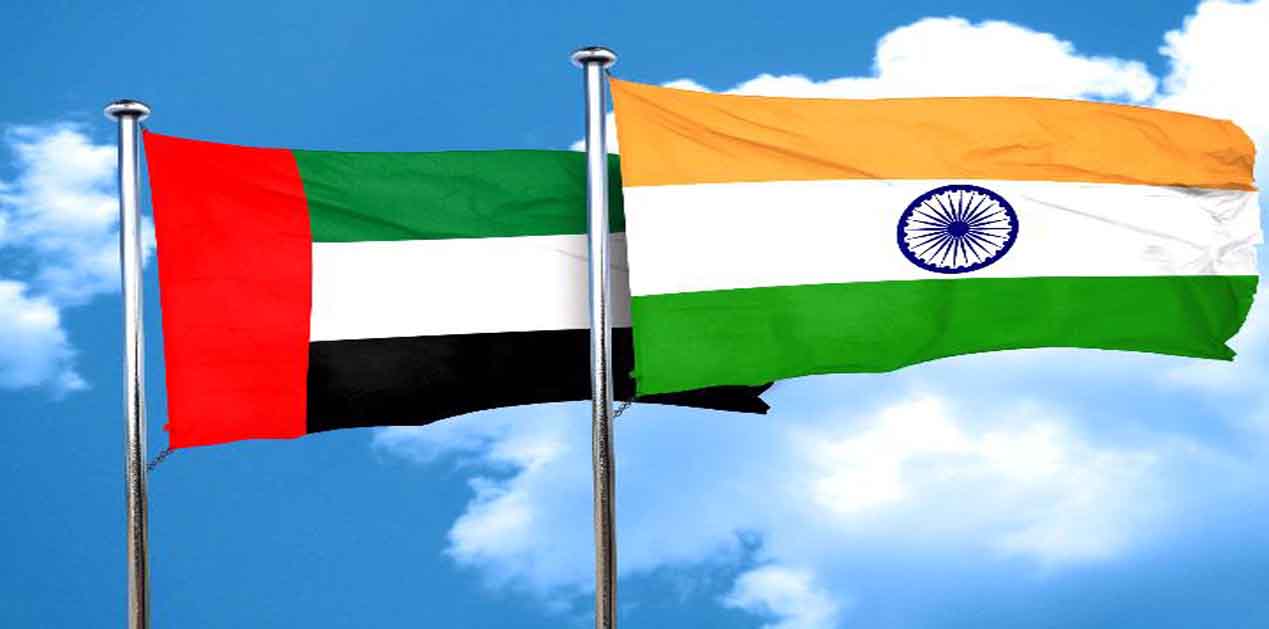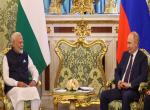The Arab Spring in its nearly eight years of existence continues to guide the pan-Arab leaders to be more attentive to the democratic, socio-economic and religious needs of their constituents even if the far reaching reforms are gradual in coming. Saudi Arabia has witnessed some fundamental changes even though there is an inherent blockade to these socio- economic reforms among the clergy and the conservatives. Driving and introduction of cinema theatres as well as the sports for women are some of these which will have a far reaching impact. Other countries are going in the same direction albeit at varying speeds and with different focus. Regimes do understand the need and impact of such moves.
But UAE has been on a different pedestal in the Gulf region, with Sheikh Zayed al Nayhan embarking on a journey of prosperity and broad mindedness several decades ago, and making the Emirates into a hub of economic and financial activity by inviting the best minds and workforce and giving them the freedom to excel. He believed that “all humanity is one” and tolerance is a virtue worth imbibing. While certain restrictions are understandable, UAE has been open to churches and other places of worship while proselytization and blasphemy are prohibited. In most of the Gulf countries the expatriates outnumber the local Arabs. Many of them belong to religions other than Islam. They obviously hanker to pray and follow their tenets as prescribed but are mindful of the local sensitivities. UAE which had become the first country to have a Minister of Happiness leading the way. UAE also recently hosted the ‘World Tolerance Summit’ in Dubai in November 2018 where the declaration not only agreed to establish an International Institute of Tolerance but highlighted that United Arab Emirates was a shining example of inclusion and tolerance, as evident in the co-existence of more than 200 nationalities living harmoniously and peacefully without fear, conflict and discrimination in the country and underscored “that diversity of our world's many religions, languages, cultures and ethnicities is not a pretext for conflict, but is a treasure that enriches us all.”
Pope Francis’s first ever visit to the Arab world on February 5 happened to be to UAE which was highly significant for the million odd Christians living in the Emirate. He addressed and conducted a papal mass for over a 120,000 Catholics and Christians at the Zayed Sports Stadium. Large number of Muslims also attended. This was the first ever visit by the Pontiff to the Arab Peninsula. Pope of course spoke of the brotherhood, humanity and closer cooperation between the Christians and Muslims. Large number of Christians from India and the sub-continent as well as from South East Asia were elated at the sight of the Pope and felt blessed by this unique opportunity. Bishop Paul Hinder, Apostolic Vicar of Southern Arabia, summed it up, “The Pope is a realist and knows that in a world of migration, human beings have to learn to live together, whether Christians among Muslims or Muslims among Christians and even both Muslims and Christians among non-believers among other big religions, we have to learn to co-exist.”
Pope was received by Crown Prince Mohammed bin Zayed and Dubai ruler. He also met Members of the Muslim Council of Elders at the Sheikh Zayed Grand Mosque and held discussions with Ahmed el-Tayeb, the Grand Imam of Al Azhar Mosque and University in Egypt which is a prominent seat of Sunni learning. They signed a ‘Human Fraternity Document’ underscoring the common values of the two faiths. The apparent motive of the visit was to strengthen the inter-faith dialogue. UAE is indeed more open to other cultures and faiths despite the primacy of Islam. A display of the religious artifacts at the Abu Dhabi Louvre Museum is a case in point and attests to it. Cynics and critics in civil society often refer to it as a mere eyewash due to human rights violations and alleged arbitrariness in execution of justice. There are indeed several redlines which needs to be respected by those who have made UAE a country of their choice. Pope also used the visit to speak of the humanitarian crisis in Yemen caused due to the ongoing war and destruction where UAE and Saudi Arabia are involved. Prior to the visit, Pope had expressed his deep concern and criticized the Yemen War and hoped it will be over soon, and some negotiations and dialogue will lead to the amelioration of the situation for the hapless ordinary people of Yemen.
UAE has also shown consideration and understanding to the other faiths including Hindus. There are about 2.6 million Indians which constitute almost one third of the population and have greatly contributed to the success and prosperity of the country becoming a model state in many ways. While temples and Gurudwaras have functioned in UAE and some other Gulf and Arab countries from apartment buildings, there was a growing demand for having their own proper places of worship. During the visit of Prime Minister Narendra Modi to UAE in August 2015, the UAE Government decided to allocate a plot of land for the first Hindu temple in the Emirate which was highly appreciated by the community and the Indians in India and abroad. It was indeed a landmark event. PM Modi himself termed it as “a great step”. As such there are two temples and a Gurudwara in Dubai. In fact, UAE continues to be a India’s major trading partner with over $60 bn in bilateral trade. Occasionally, UAE, due to it being a transit hub, has emerged as the biggest partner and now it is ranking high in investments too and several strategic projects are in the pipeline. No doubt, UAE also values India’s strategic outreach and immense economic potential which could be the driving force for its generosity, be it for preferring Indians over other nationalities, extraditing criminals, terrorists and economic fugitives, or for that matter offering to assist Kerala during the worst natural disaster there.
UAE’s benign spiritualism will not only give it the tolerant edge in moderation but will also enable it to cope up with the ultra-conservative and fundamentalist religious groups, radical ideologies ,dogmas and practices which have been fanned and propagated by the Daesh and Al Qaeda among the pliable few and are costing a great deal of credibility to the genuine practitioners of Islam.
Image Source: http://news.arndigital.ae/uploads/news-content/B1709_636208391238408203_24JAN2017.jpg











Post new comment